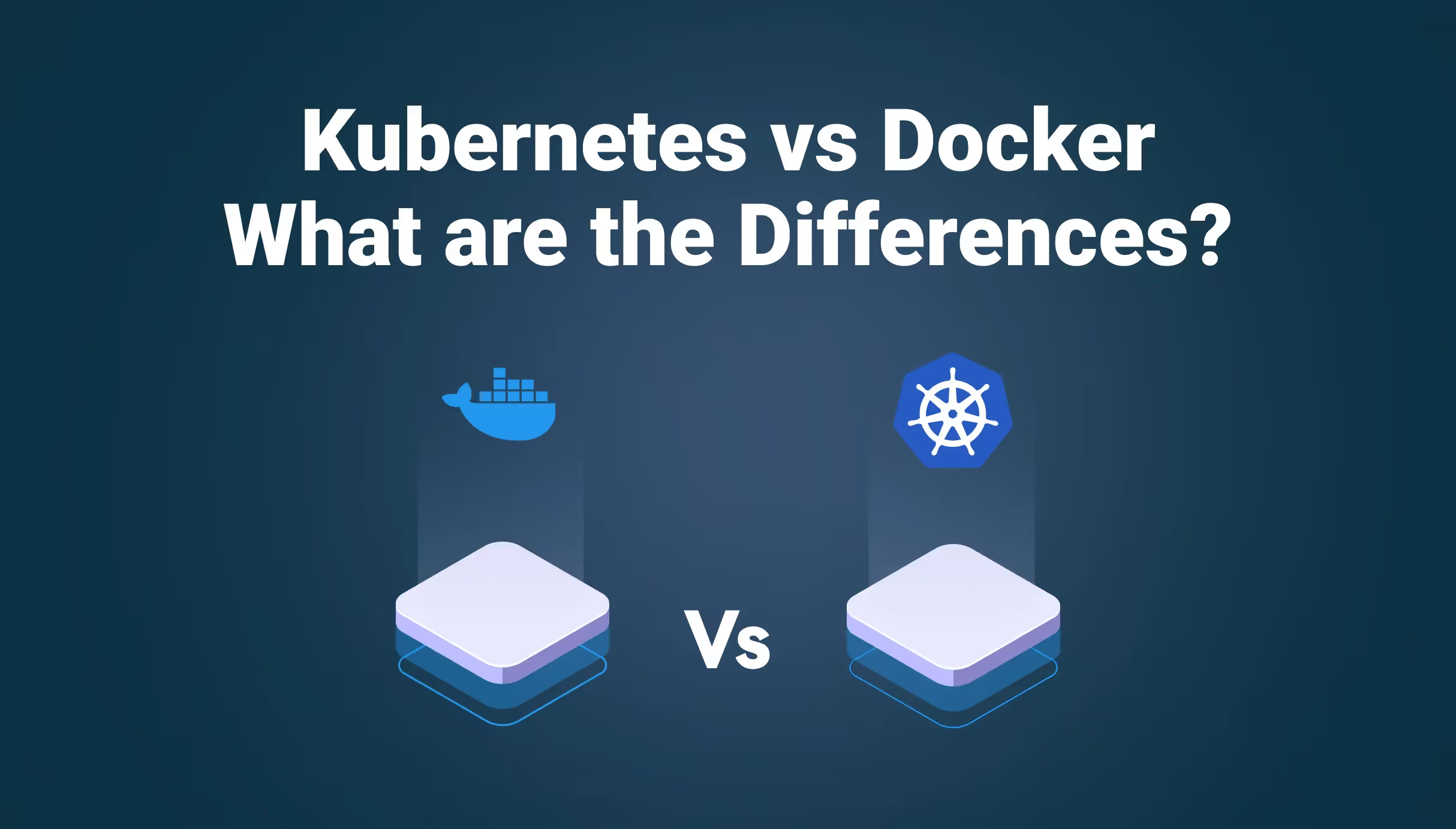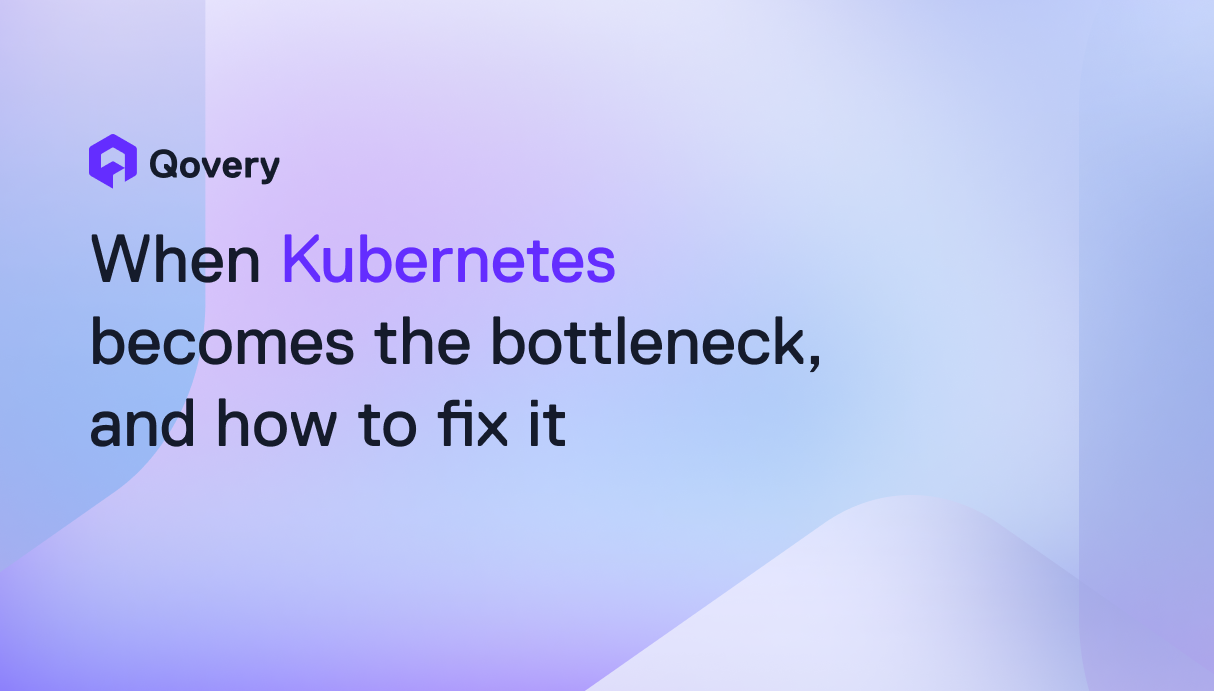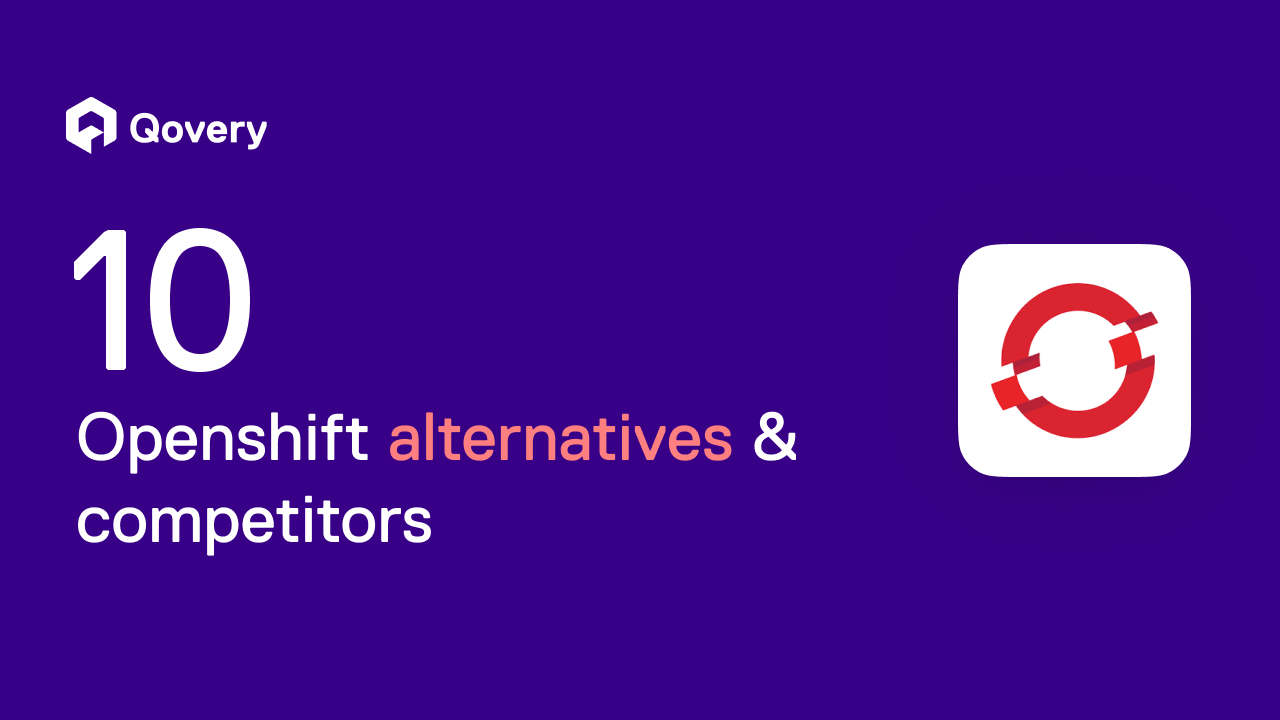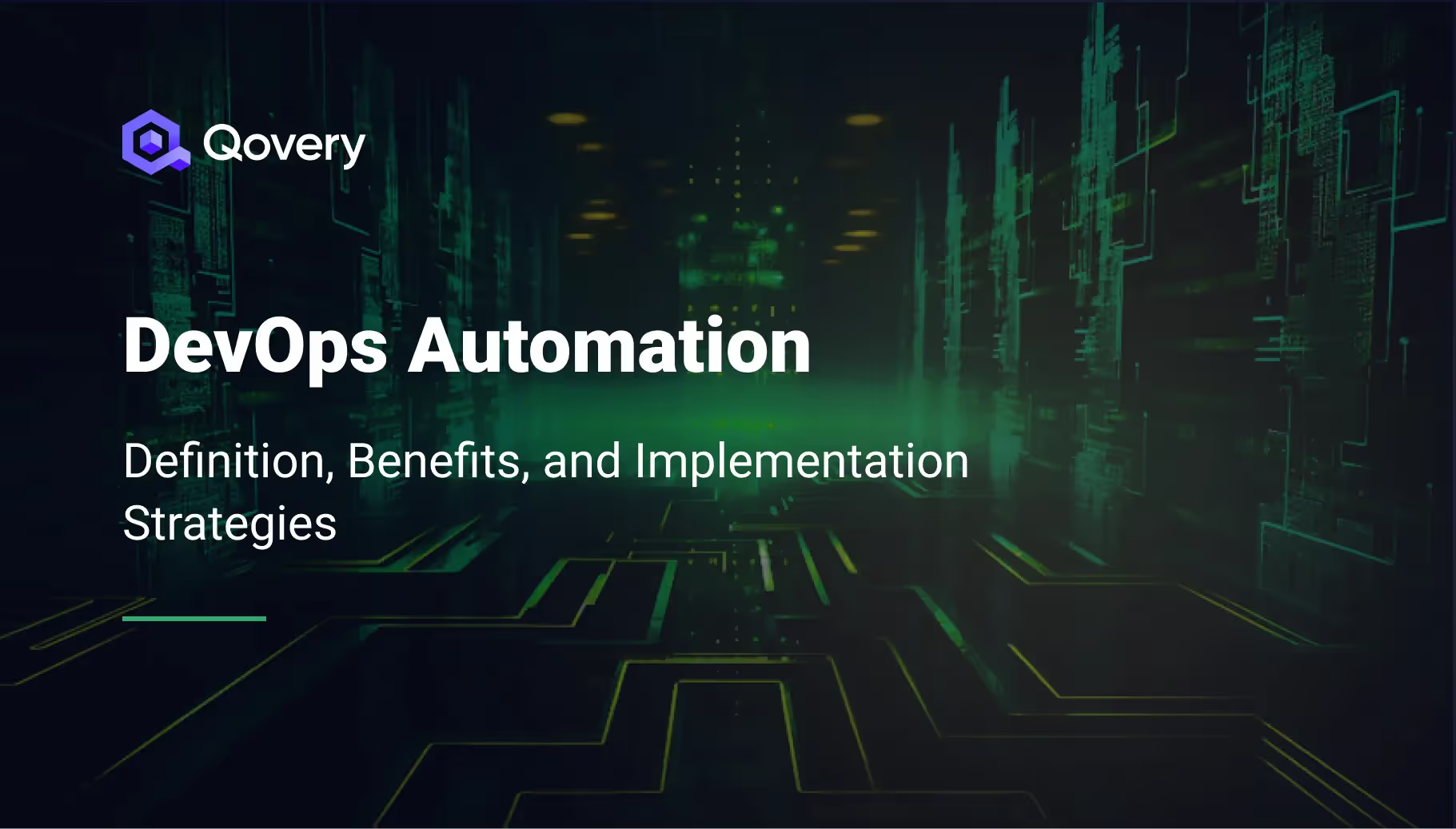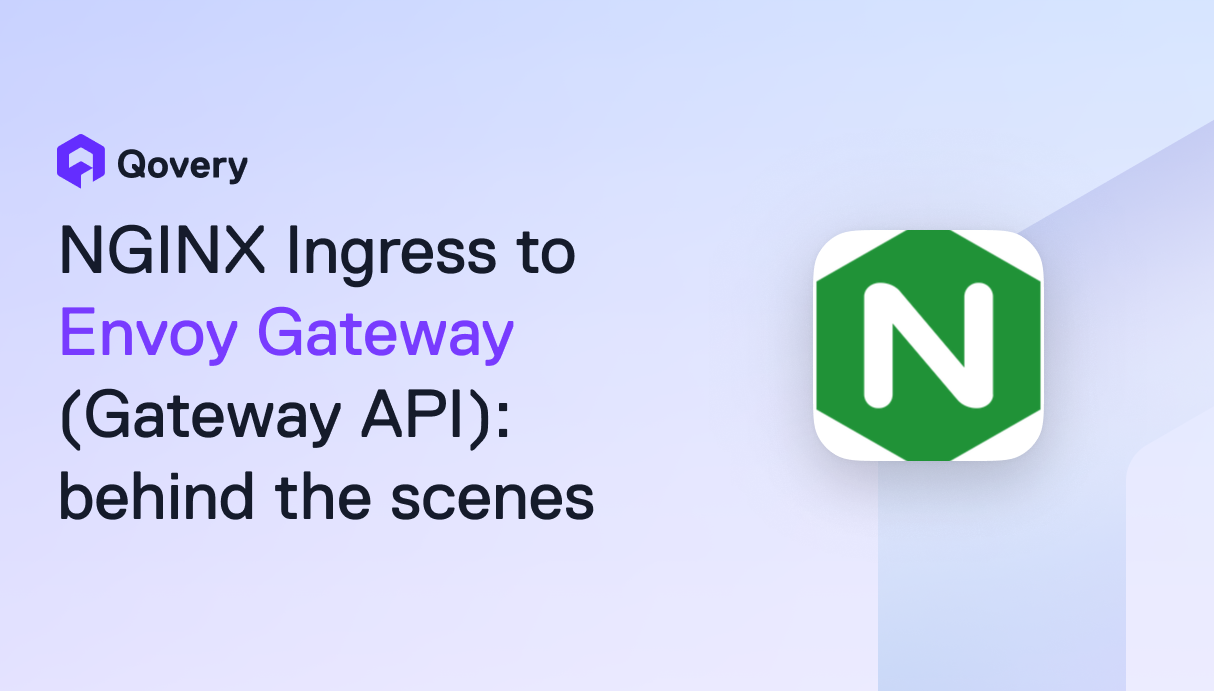

How Bhuma Achieved Testing Automation in No Time with Qovery



Bhuma Introduction
Meet Bhuma, a software company that's determined to be the go-to platform for frontend operational analytics. They help businesses manage and visualize their data with ease using cutting-edge tools, allowing you to create actionable dashboards from GraphQL queries on modern backends in just four steps!
But Bhuma's mission goes beyond just providing easy-to-use software. They're also committed to driving innovation, creativity, and usability of their tools, enabling long-term success for their partners. And they're doing all of this while staying focused on the future and driving strong technology growth.

How Qovery Helped Bhuma Automate Testing and Integration When Transitioning to EKS
Challenges with Automated Testing and Integration for Containerized Platforms
When the team initially began, they deployed their platform as a Serverless approach with AWS, utilizing services like Amplify console to automate various repetitive steps, including creating PR review environments. However, as their containerization grew, they found it necessary to transition to EKS (Elastic Kubernetes Service) to handle the deployment process. Using Kubernetes allowed them to easily manage their customer's applications and deploy them on their local platform. This change was one the easiest way to handle their growing needs but the DevOps team was now faced with the challenge of automate testing and integration, giving their teams an easy way to test their PR reviews. With a DevOps team already in place, they possessed the necessary skills to handle the task themselves but the estimated time for completion was approximately six months with some possible downtime in production, so they began searching for a platform that would accelerate the process while also offering an intuitive interface for developers to utilize.
Choosing the Right Platform: Why Qovery Stands Out
Juan Carlos took it upon himself to find a platform that would suit their team's testing requirements. After a thorough search, he shortlisted a few options that the team tried out for several weeks to determine the best fit. They encountered a few setbacks, as some platforms lacked the necessary interface or up-to-date documentation. Qovery, on the other end met all their criteria and proved to be the best option.
A Self-Service Approach to Qovery’s Migration
During the migration process, they began with a self-service approach and spent approximately three weeks getting used to the platform. They conducted tests and explored all the available features, including Preview Environments, which was their main interest. After this period, it took them less than a week to have their infrastructure on AWS set up and ready with Qovery; they also activated the preview environments during this time and all of that with no downtime in production.
Key Results After Several Months of Using Qovery
Full Automation of Testing
At Bhuma, the DevOps team greatly reduced the burden of manually creating test environments for their developers with the Qovery Ephemeral Environments. Now, when developers need to test new features in a production-like environment, an ephemeral environment is automatically spin up when a pull request created. This has made the testing process much smoother and easier for everyone involved.
Developer Autonomy
The implementation of Qovery has resulted in an increased level of autonomy for the developers. The self-service approach allows developers to easily clone an existing staging, UAT, or production environment without depending on the operations team. Similarly, developers can instantly preview their code branch changes in a temporary preview environment in isolation.
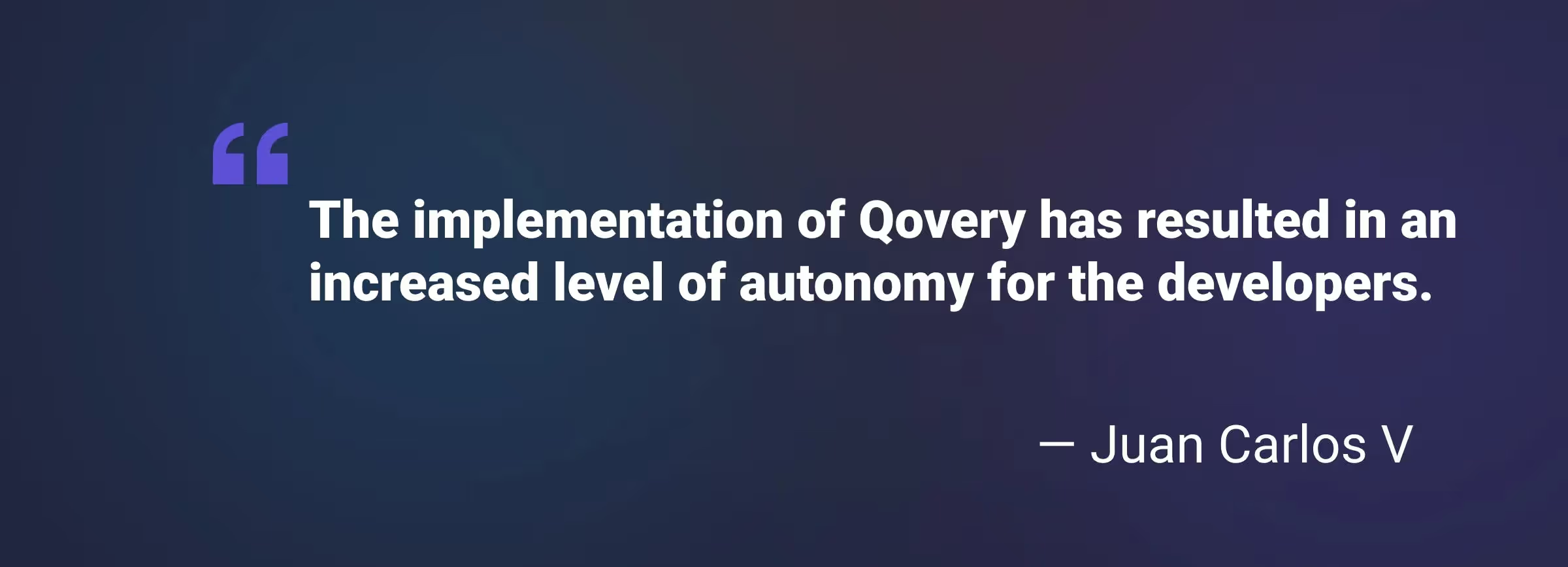
Faster Time to Deployment
One of the great benefits of having autonomous developers is that they no longer have to rely on DevOps to test their features in a production-like environment. This means that the entire release process can now be much faster and more efficient as developers can provision and de-provision the infrastructure whenever needed. As a result, they can quickly roll out the releases. Reverting the deployment is also easy if something goes wrong.

Suggested articles
.webp)



.svg)
.svg)
.svg)
